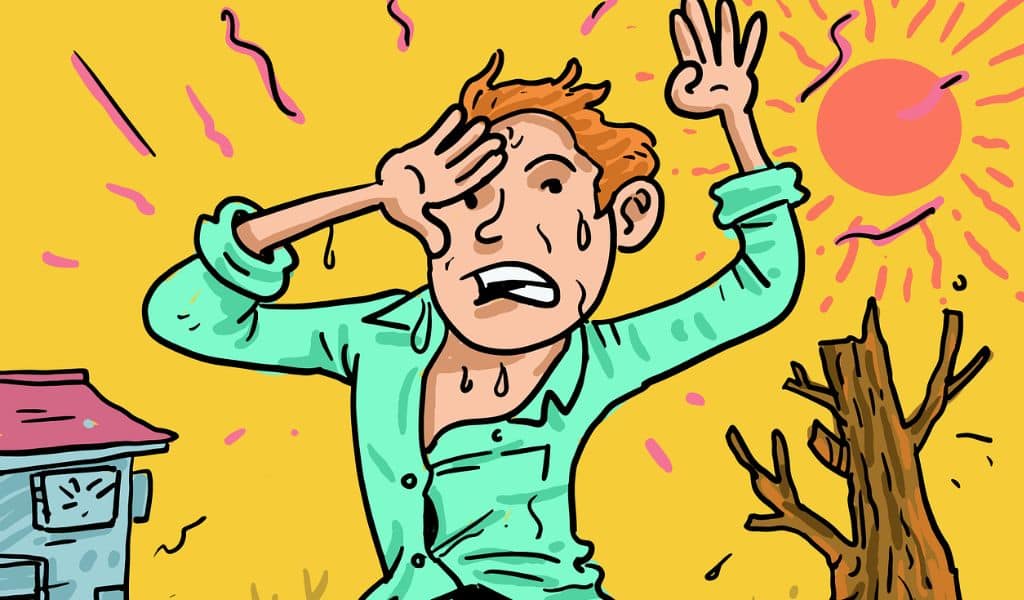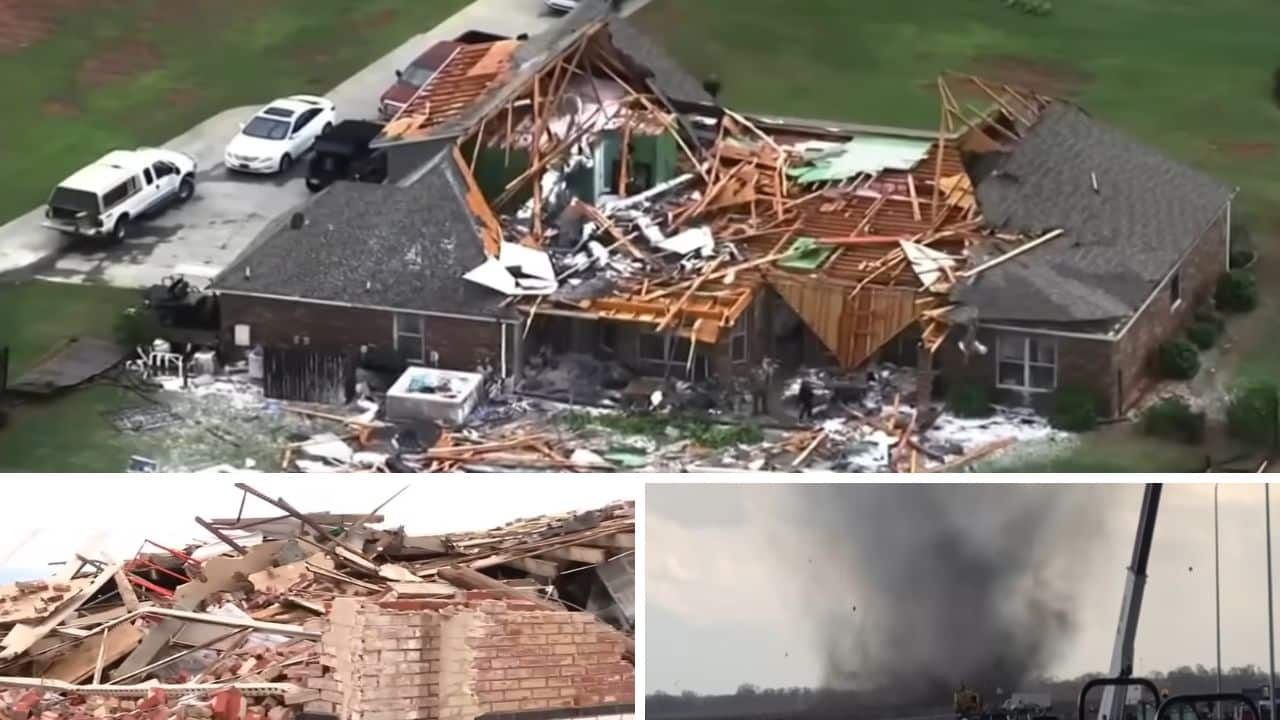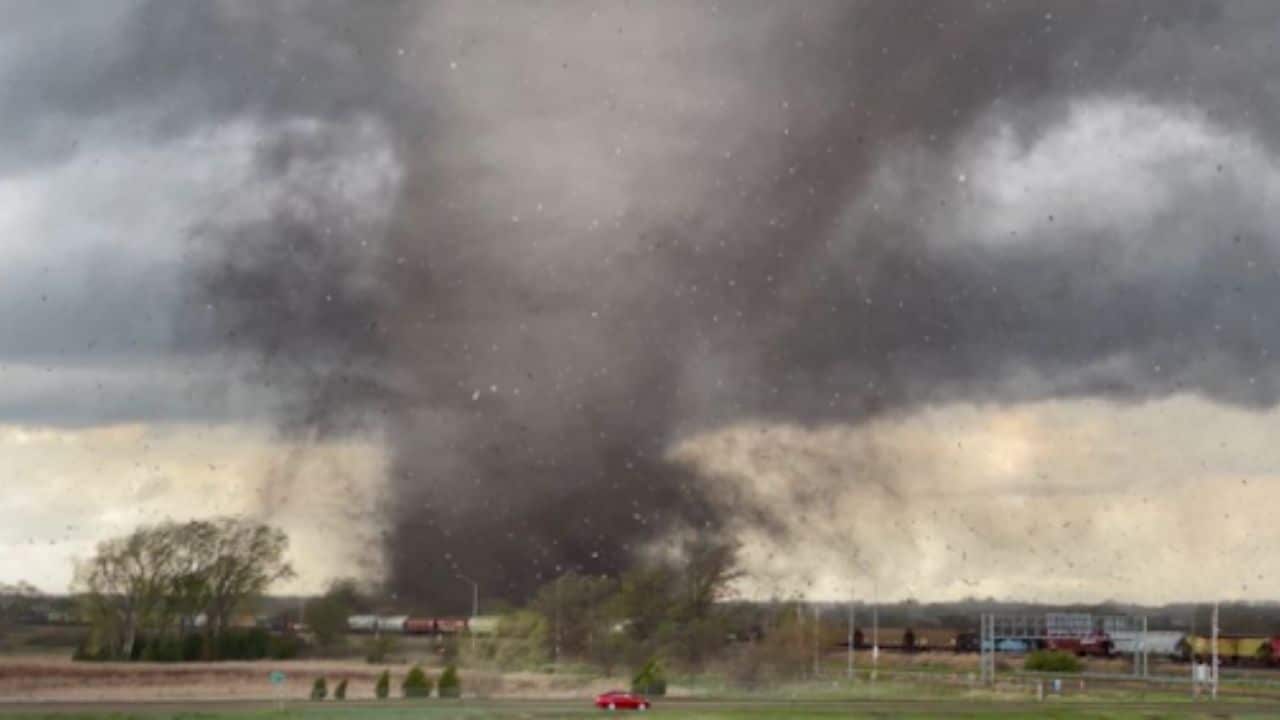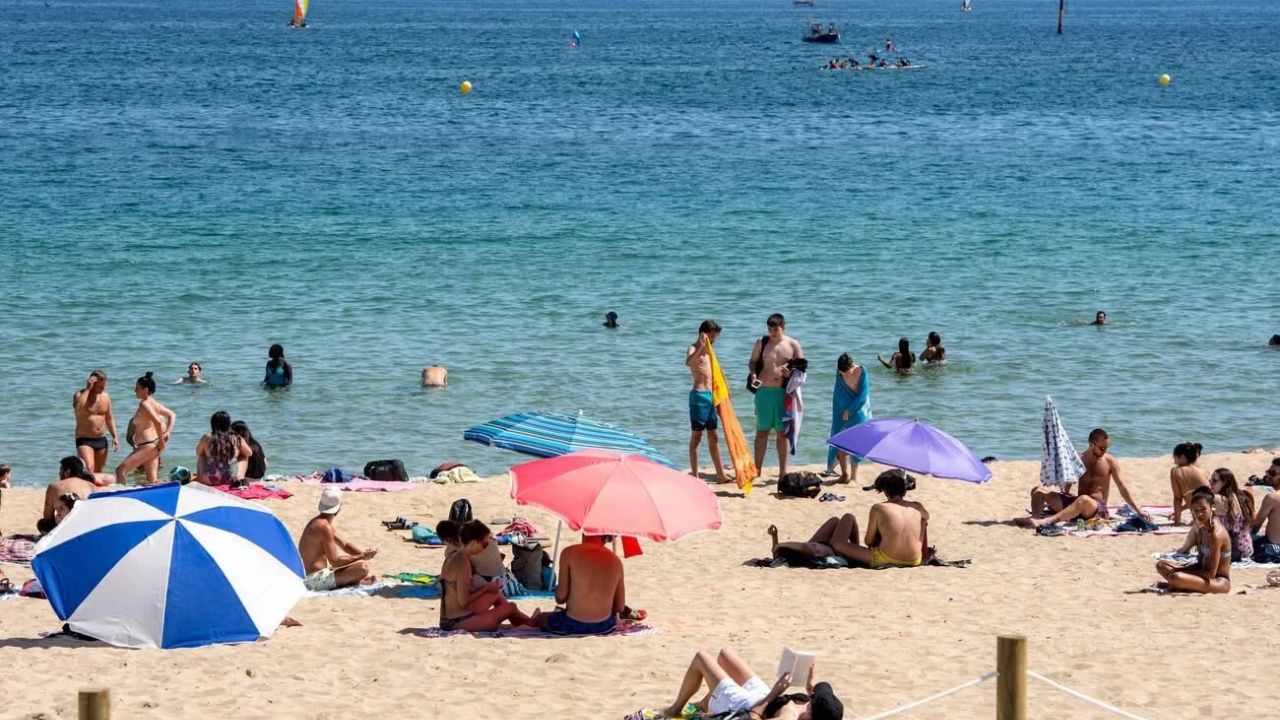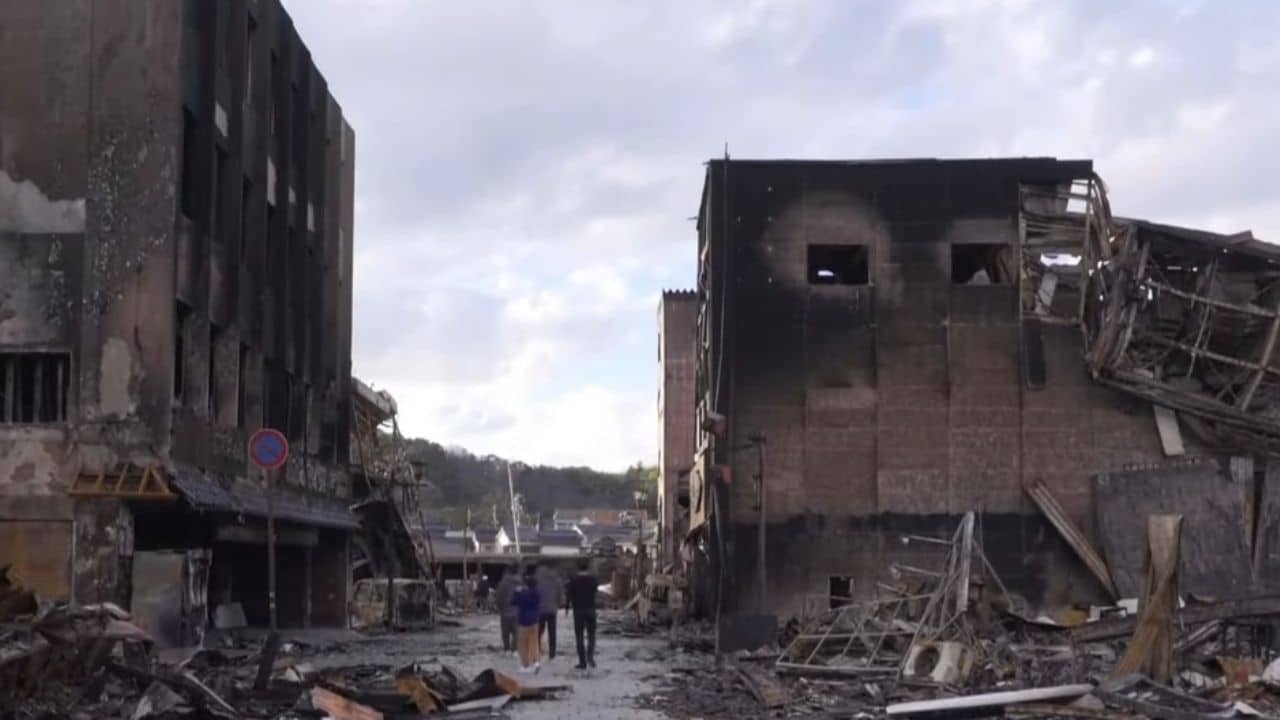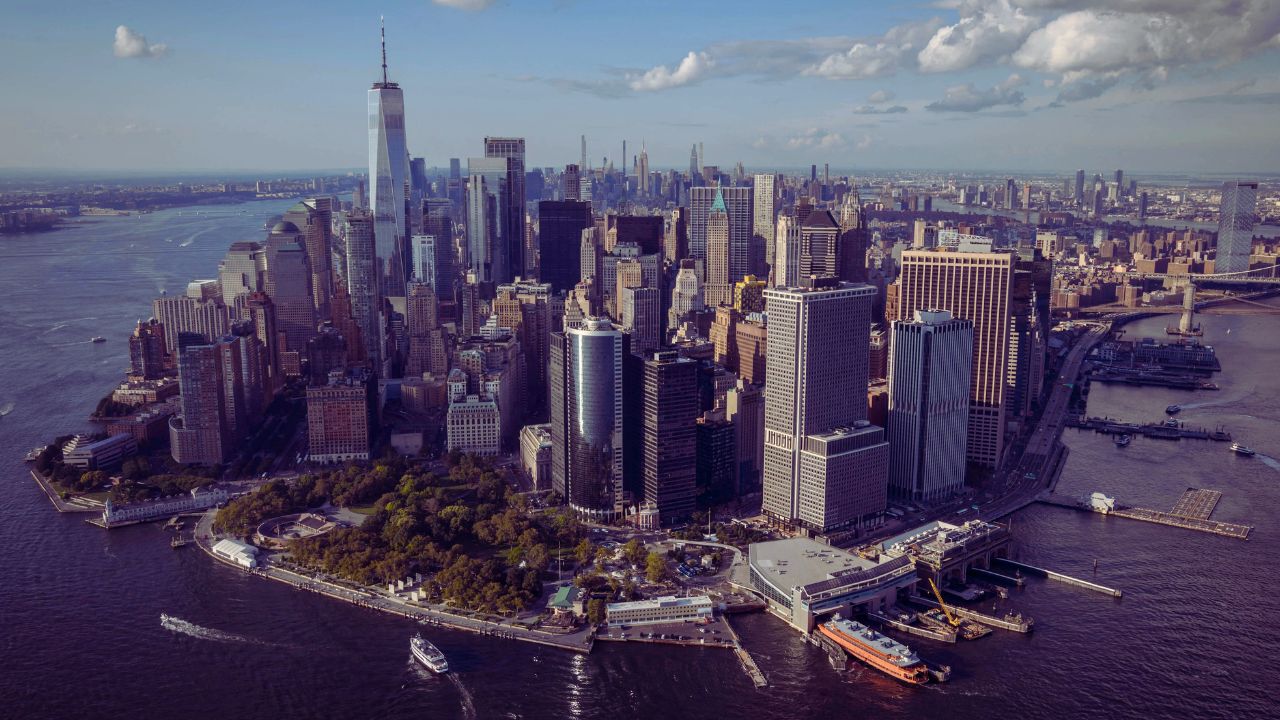The National Weather Service says that Puerto Rico had temperatures this week that felt as hot as 125 degrees Fahrenheit. The U.S. island will continue to experience high temperatures for another week.
The island’s minimum and highest temperatures for this time of year have already broken records. On Monday and Tuesday, the temperature jumped to 95 degrees, which is a record for this time of year. But the heat index, which is a way to measure how hot it feels to the human body, went over 120 degrees Fahrenheit on Tuesday in some parts of Puerto Rico. In the northern towns, it got as high as 125 degrees Fahrenheit.
According to John Morales, a certified consulting meteorologist at ClimaData and a hurricane specialist for NBC Miami, the interaction of a low-pressure system near Florida and a high-pressure system just east of Puerto Rico has essentially formed a “heat dome” that has remained stationary in the same location for a number of days.
People are feeling the heat more intensely due to a combination of dry air, exceptionally warm ocean waters, and high humidity levels.
Therefore, Morales continued, “when it’s 125, that’s extremely dangerous.” When the heat index reaches or surpasses 105 degrees Fahrenheit, the National Weather Service usually issues a heat advisory.
Because less sweat can drain from the body to cool it off when there is a high humidity level in the air, high humidity and high temperatures can be harmful.
Residents of Puerto Rico are more susceptible to heat stroke and, in the worst situations, heat exhaustion as a result of the intense weather.
Ada Monzón, chief meteorologist for Wapa Television in Puerto Rico, tweeted in Spanish along with advice on how to treat a heat stroke, “We are’sailing in uncharted waters’ and we cannot let our guard down in the face of excessive heat.” “Take good care of your health, that of your loved ones, and that of your pets.”
The National Weather Service forecasts that the heat index will reach 111 degrees Fahrenheit on Wednesday, therefore there is still a heat alert in place for the majority of the island’s northern and western regions.
Power Outages Aggravate the Danger
As people try to find other ways to stay cool in the extreme heat, the demand for energy in Puerto Rico has gone up. This is putting a strain on the power grid, which is still not fully fixed after hurricanes Maria and Fiona.
The Puerto Rican national newspaper El Nuevo Da said that more than 40,000 people lost power on Monday because a power plant went out of service when the demand for electricity was the highest of the year, at 3,072 megawatts.
The same power plant stopped working the next day because of problems with the boiler. The Puerto Rico Power Authority, which is in charge of making electricity, said that fixing the problem “will take time.”
“Losing power during extreme heat events is dangerous and can even kill you,” Monzón tweeted with a link to a scientific piece about how power outages during heat waves increase the risk of death and illness.
Luma Energy, which is in charge of getting power to the island, said that it has been “closely monitoring the likelihood of more temporary outages” because of problems with power generation.
“If you can, try to use less energy so that these outages don’t happen as often,” Luma Energy said Tuesday on Twitter.
The Climate Change Connection
Morales said that climate change is a reason why Puerto Rico is getting so hot.
After looking at the Climate Shift Index, Morales said, “Emerging science suggests there’s a link to climate change here. The heat wave in Puerto Rico right now is at least five times more likely to happen because of man-made global warming.”
“It’s not just the weather or the atmosphere. “The combination of the two is creating what is, to be honest, a dangerous situation,” he said.
According to Morales, the intensity of a jet stream, which often regulates how weather systems travel, tends to be driven by the temperature differential between the Arctic and the mid-latitudes.
But, according to Morales, “the Arctic is warming up so quickly compared to the rest of the Northern Hemisphere.” “So, less of a temperature difference means that the jet stream is weaker,” which causes weather systems to move slowly or remain stationary for a longer period of time.
Morales also said that the heat wave probably won’t end in Puerto Rico unless something happens in the jet stream.
The National Weather Service said that the high heat could last all weekend and into Tuesday.


